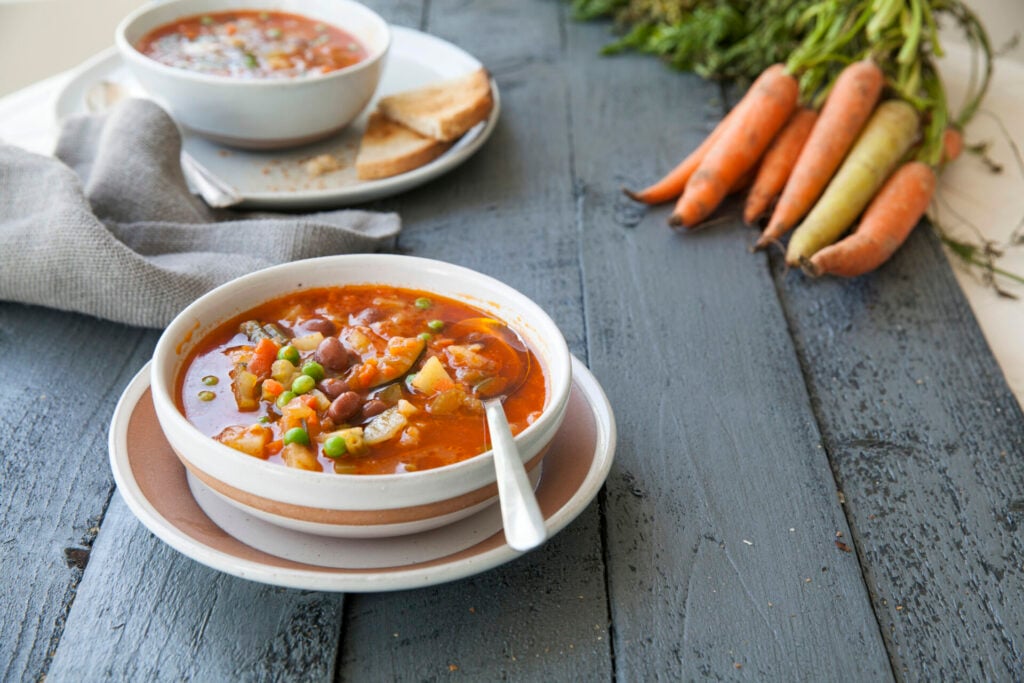It’s an old, somewhat cliched, adage that as tourists we should leave nothing but footprints behind – the kind of romantic notion that you might dismiss as idealistic and unachievable – but there are simple ways that you can be conscious travellers and still have a good time.
I’m not talking about sleeping in a tent and cooking on a solar-powered camping stove (unless, of course, you want to) but rather making a conscious decision to travel well, creating travel habits that will last a lifetime. These days we should be looking to leave something behind and that something is a good impression.
I’ve travelled with my three sons from when they were very young and have always looked for ways to teach them something about contributing positively to the country they are visiting, from respecting local customs to the importance of spending money locally and taking part in beach clean ups. Here are a few simple ideas of how you can too…
Use Local Guides and Tour Operators
Don’t book every excursion pre-departure, but instead be support local businesses and arrange when you arrive. Not only will you save the hefty cut taken by international organisers but local guides tend to deliver exceptional experiences, often off the well beaten tourist track. Over the years my family and I have experienced dinners in local homes, treks to hidden waterfalls, beaches and idyllic countryside locations, and even early access into major tourist attractions (we once had Chichen Itza in Mexico to ourselves for an hour before the official opening time).
When possible, choose to spend your money with tour companies affiliated with organisations such as The World Wildlife Fund or Rainforest Alliance.
Shop Local
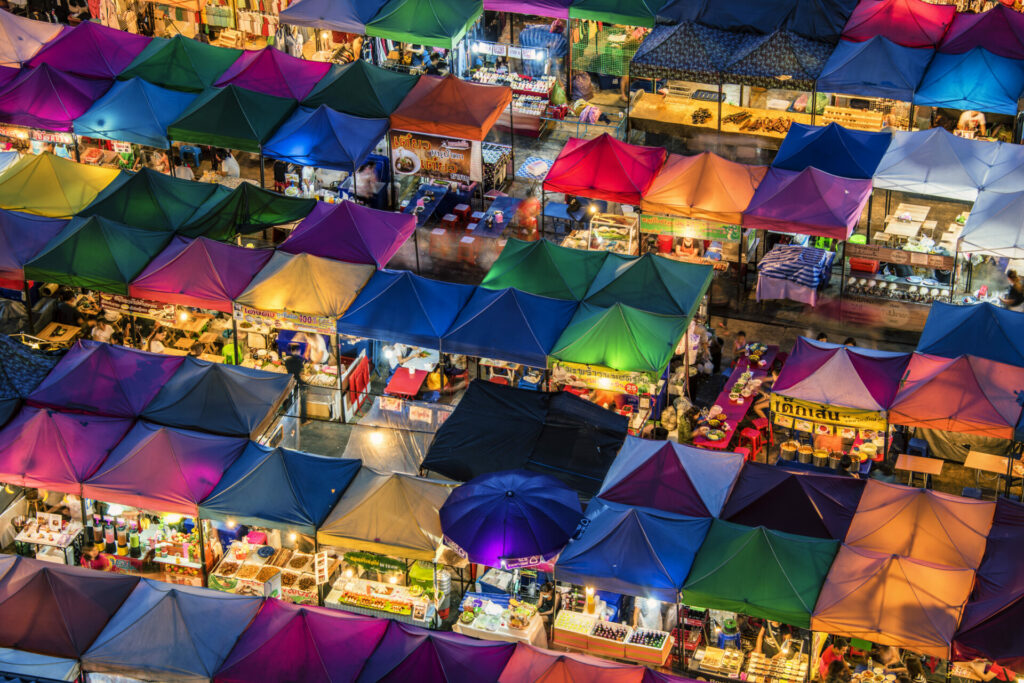
The value of shopping locally should not be underestimated. Plus, a wander through a local market gives the best introduction to the culture of the place you’re visiting and delivers wonderful interactions with local people, particularly if you’ve kids in tow. When my boys were little, they loved nothing more than picking out their holiday clothes in local markets of and this helped us support the local economy. Once they hit the age of five, I let them do the bartering, which gave us and the market traders lots of laughs, and bonding moments.
Actively search out artisans who are keeping tradition alive (not to mention their families) by selling their crafts. Never ever buy anything animal or plant related (turtle shell, shark teeth, shells, and coral etc). Goods made from unsustainable hardwood and ancient artefacts (we were once offered fragments of pottery from an archaeological dig close to Cairo) are also a definite NO.
Get Involved with Conservation
Even when my sons were as young as four, I’d get them involved in conservation projects. These have ranged from half-hour beach clean ups to going by boat into the mangroves of Langkawi in Malaysia on a whole morning of rubbish collecting.
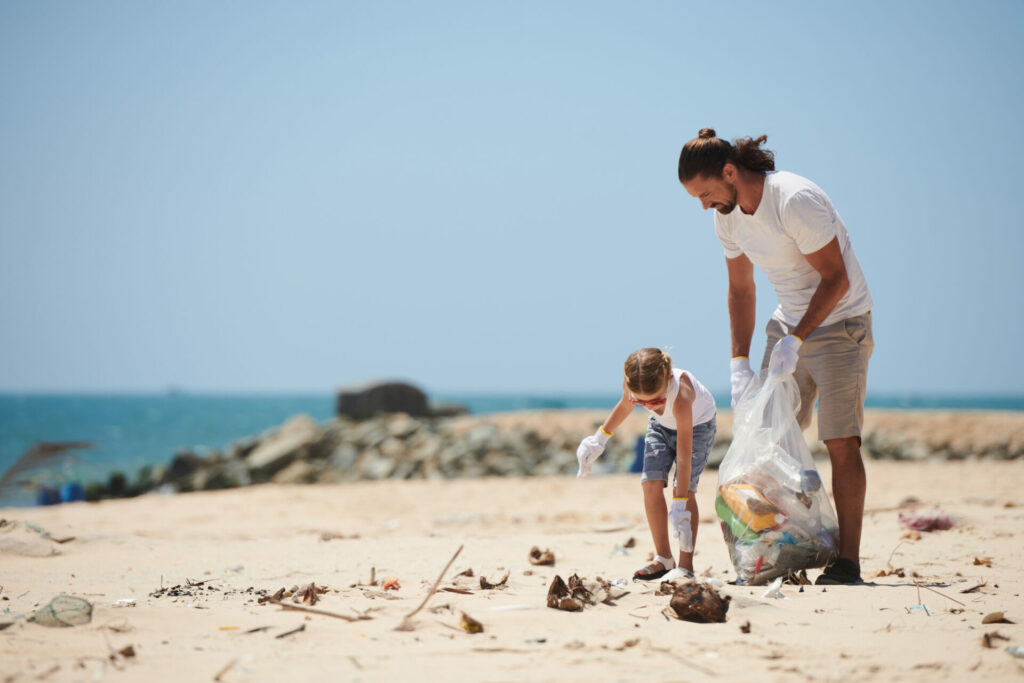
The good news is that even the most luxurious of resorts now offer guests the chance to get involved in conservation. In The Maldives, reef restoration projects are common, and guests can create coral frames using fragments of salvaged coral, which are deposited back to the ocean.
Families with older children may wish to go one stage further and sign up for a voluntourism trip, where you can spend a few days volunteering at an elephant sanctuary in Thailand or litter collecting on hiking trails in Nepal.
Don’t Dodge Difficult Conversations
As parents we are instinctively protective of our offspring. Many parenting experts agree that these days we may be a little too over shielding. Travel is always unpredictable as you never quite know what is around the next corner. Over the years I’ve had discussions about landmines in Cambodia, animal extinction in Tanzania, and illegal logging practices in Borneo, and often when my sons were still at tender ages. Children are curious by nature and it’s important to be gently truthful.
When, in Vietnam, we came across children, of the same age as my three sons (three, six, and eight at the time), picking through a rubbish dump for recycling materials to sell, I diverted their attention to the scene rather than away from it. In my opinion, empathy and understanding for another person’s situation is the greatest attribute a child can have.
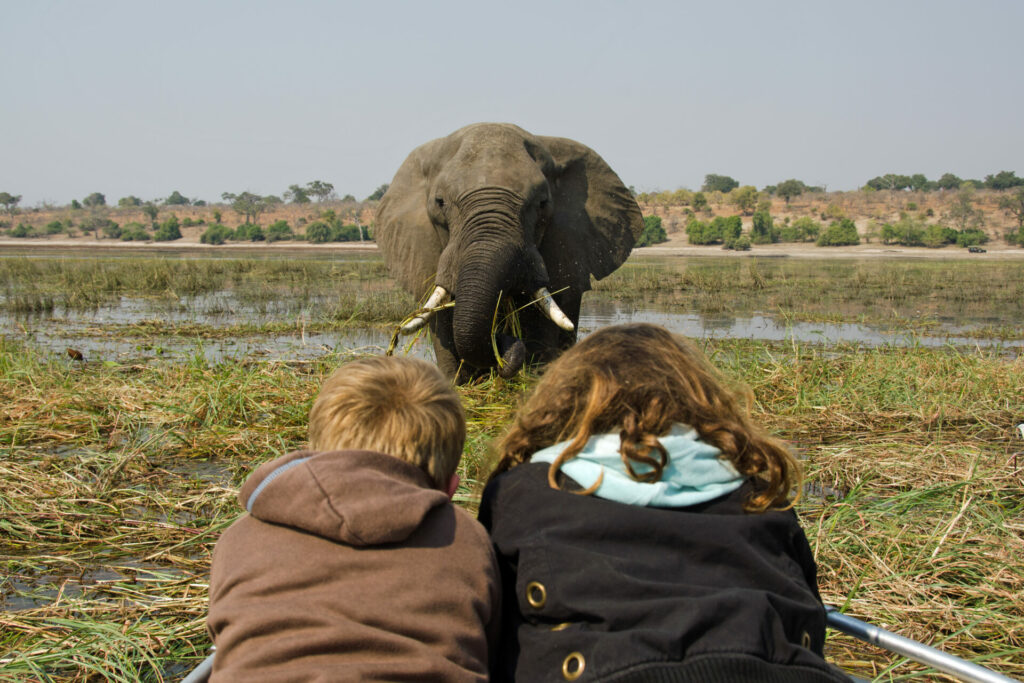
Show Respect
Before you visit a country, gen up on local customs and etiquette so as not to offend and talk to your children about appropriate behaviour. For example, my sons were told not to raise their voices in public, never to sit with their legs open, point with their chopsticks, or eat while walking in public, before we headed to Japan. Always ask permission before taking a photograph of a local person. Learn a few phrases in the local language such as good morning, thank you, and how are you? A little effort to communicate goes such a long way to making friends.
Be Green
This sounds like something that should be a given but all of us need a little reminder of what exactly being ‘green’ means. Offset your carbon emissions by paying the voluntary carbon emission tax if you’ve flown, check out the Atmosfair Airline Index, which lists the most climate friendly airlines or better still, travel by train.
Once on holiday, carry refillable water bottles and avoid single use plastic. Buy sun cream that is coral-friendly. Don’t bring wet wipes as they are not biodegradable and will clog local sewers. Stay in eco-friendly hotels. Make sure that any litter is deposed of properly (avoid open bins in parks where wildlife is found) and always try to recycle where possible. And while we’re talking waste, forty percent of buffet food is thrown away so avoid at all costs!
A Special Word On Bugs
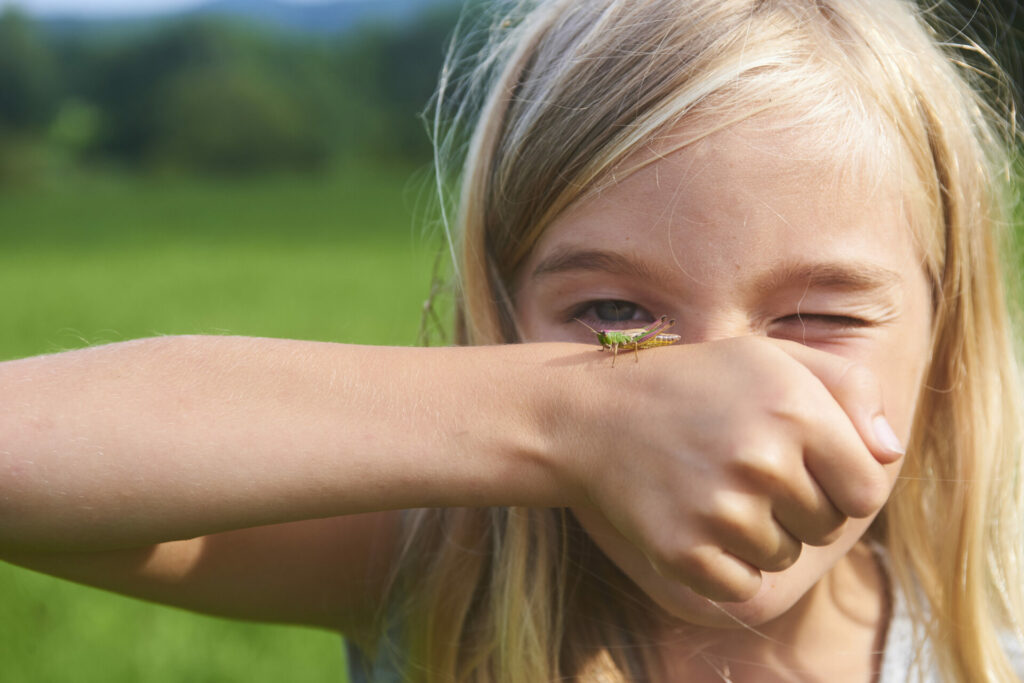
To be clear: DON’T KILL INSECTS. If you don’t wish to deal gently with the one that is currently lounging in your bathtub (and, by the way, take showers not baths to conserve water) call for assistance. Teach your children that even the smallest of living creatures matter (even if they are bizarre looking and freaking you out) and educate them (and yourself) on the spider/ant/fly’s role in that very special ecosystem -cockroaches, for example, are a major food source for many other animals, and produce nitrogen, vital for the growth of trees. In doing this, you are fostering a responsible, caring attitude that will continue through life.
Kate Wickers is the author of family travel memoir, Shape of a Boy, My Family & Other Adventures. Out now and available from Amazon








